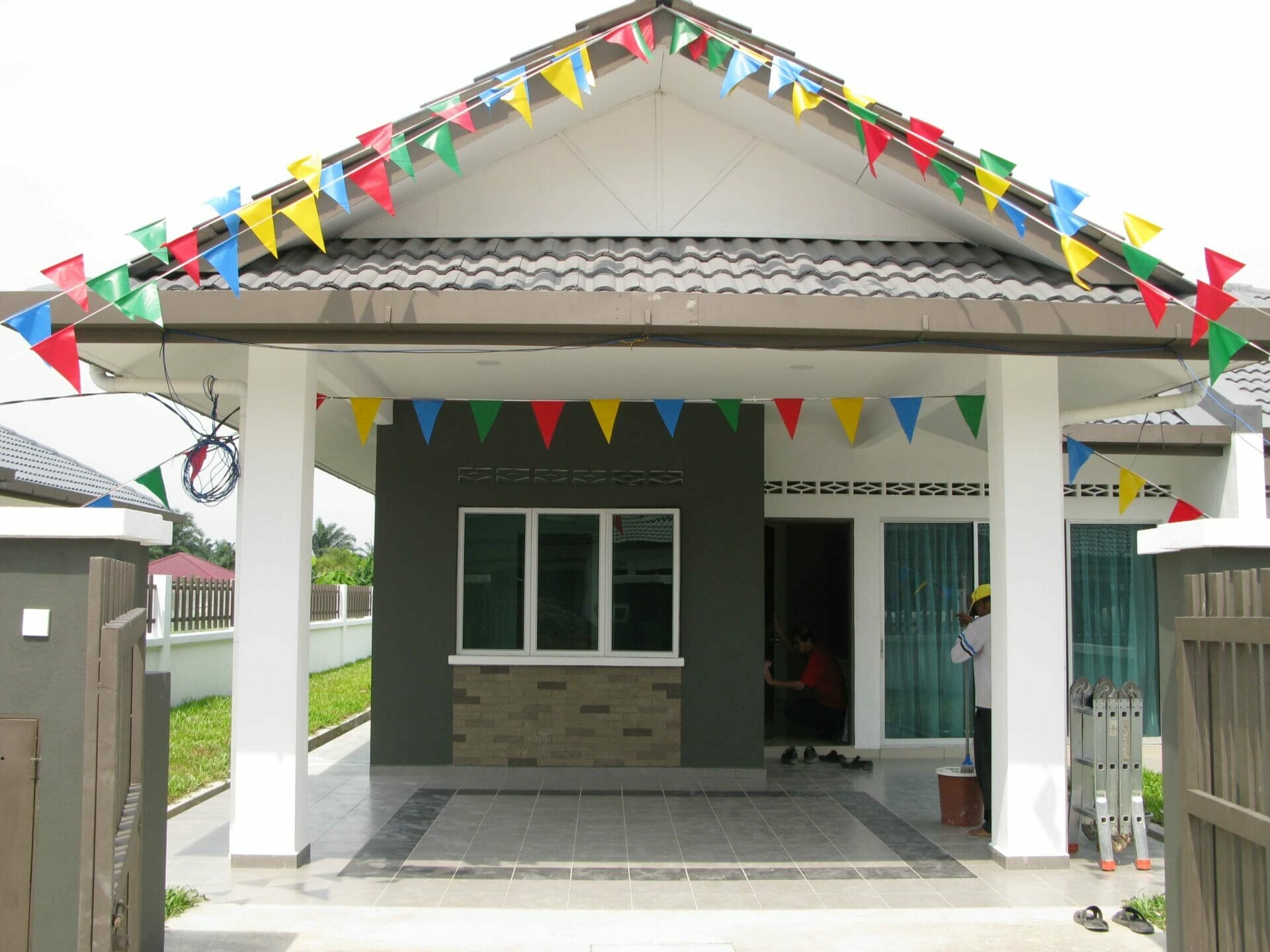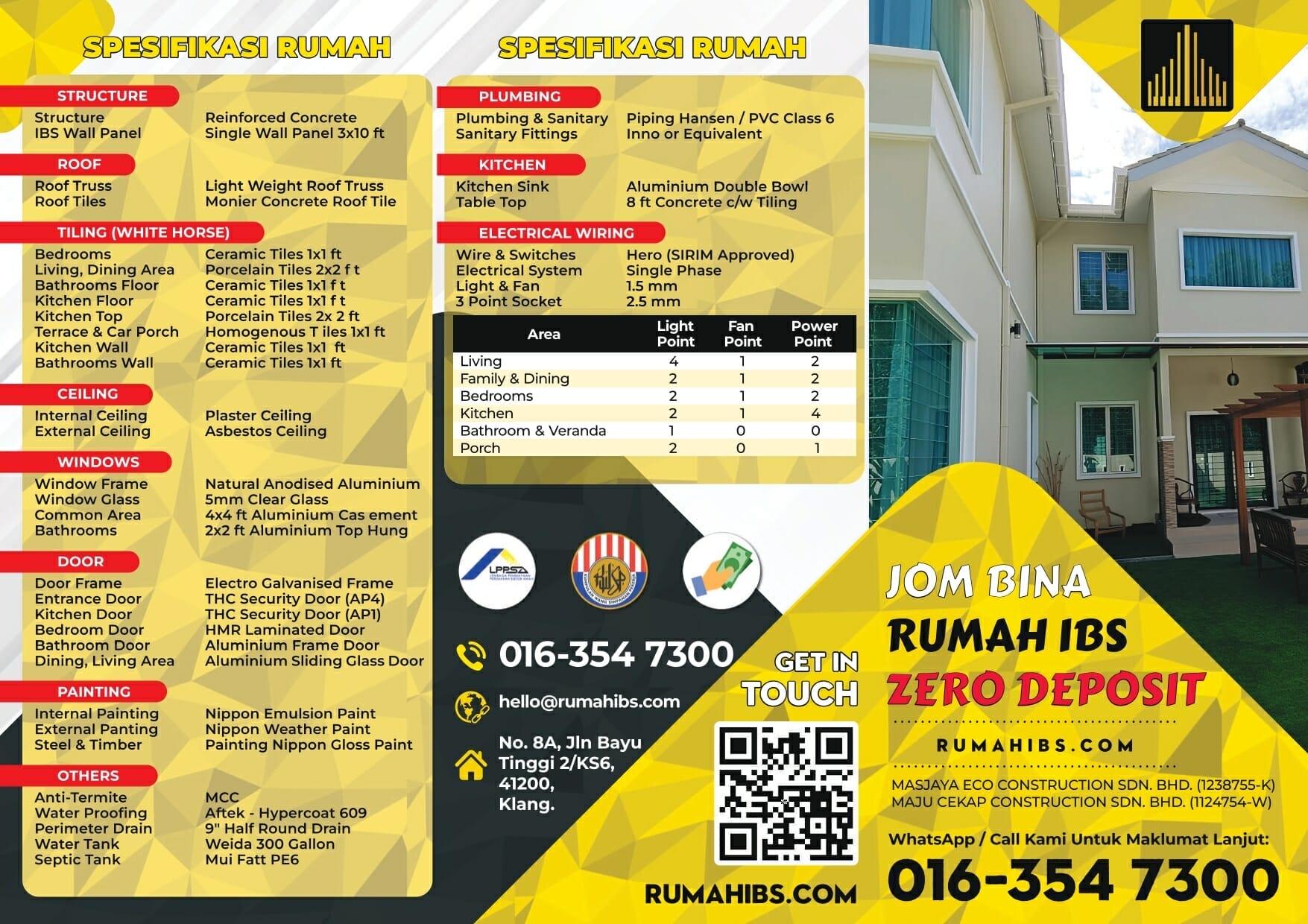
The State of IBS Construction Market in Malaysia
Table of Contents
- Introduction
- The Evolution of IBS Construction 2.1 Historical Perspective 2.2 Government Initiatives
- Advantages of IBS Construction 3.1 Speed and Efficiency 3.2 Improved Quality 3.3 Cost Savings
- Challenges and Limitations 4.1 Skills and Knowledge Gap 4.2 High Initial Costs
- Future Prospects and Opportunities
- Conclusion
- FAQs (Frequently Asked Questions)
Introduction
The construction industry in Malaysia has witnessed significant advancements in recent years, with a growing emphasis on modern and sustainable building practices. One method that has gained momentum is Industrialized Building System (IBS) construction. This article explores the current state of the IBS construction market in Malaysia, examining its evolution, advantages, challenges, and future prospects.
The Evolution of IBS Construction
2.1 Historical Perspective
In the past, traditional construction methods dominated the Malaysian building industry. These methods heavily relied on manual labor, resulting in prolonged construction periods and inconsistencies in quality. Recognizing the need for a more efficient and sustainable approach, the Malaysian government introduced IBS as an alternative construction method.
2.2 Government Initiatives
To promote the adoption of IBS construction, the Malaysian government implemented various initiatives. The Industrialized Building System Roadmap was introduced, which provides guidelines and targets for the industry. Financial incentives and grants are also provided to developers and contractors who utilize IBS methods in their projects.
Advantages of IBS Construction
3.1 Speed and Efficiency
One of the primary advantages of IBS construction is its ability to significantly reduce construction time. By using prefabricated components, various construction activities can be carried out simultaneously, resulting in faster project completion. This time-saving factor is particularly crucial in Malaysia, where rapid urbanization and infrastructure development are prevalent.
3.2 Improved Quality
IBS construction enables better control over the quality of building components. Factory production of prefabricated elements ensures adherence to strict manufacturing standards, minimizing the likelihood of human error. The use of standardized modules also enhances the overall structural integrity of buildings.
3.3 Cost Savings
Although initial investments in IBS may be higher, long-term cost savings can be achieved. The reduced construction time translates into lower labor costs, and the controlled production environment minimizes material wastage. Additionally, IBS buildings often have better energy efficiency, leading to lower operational costs for occupants.
Challenges and Limitations
4.1 Skills and Knowledge Gap
The adoption of IBS construction methods requires a skilled workforce capable of handling prefabricated components and assembling them correctly. However, there is currently a shortage of skilled personnel in Malaysia with the necessary expertise in IBS techniques. Efforts must be made to bridge this gap through training programs and collaborations with educational institutions.
4.2 High Initial Costs
Implementing IBS construction may involve higher initial costs compared to traditional methods. This is primarily due to the need for specialized factories, equipment, and training. Developers and contractors must carefully consider the long-term benefits and potential cost savings to justify the initial investment.
Future Prospects and Opportunities
The future of IBS construction in Malaysia appears promising despite the challenges. The government’s commitment to sustainable and efficient building practices, along with ongoing initiatives, will likely drive further adoption of IBS. As the industry matures, economies of scale will lead to more competitive pricing for IBS components and systems, making it a viable option for a wider range of projects.
Conclusion
The IBS construction market in Malaysia is experiencing a positive shift towards modern and sustainable building practices. The advantages of speed, improved quality, and cost savings offered by IBS make it an attractive option for developers and contractors. Although challenges exist, such as the skills gap and initial costs, efforts are being made to overcome these obstacles. As the industry continues to evolve, the future of IBS construction in Malaysia holds great potential for growth and innovation.
FAQs (Frequently Asked Questions)
- What is IBS construction?
- IBS construction refers to the use of prefabricated components and modular systems in building construction, resulting in faster construction times and improved quality.
- Why is IBS construction important?
- IBS construction offers several benefits, including speed, improved quality, and cost savings. It also aligns with sustainable building practices and contributes to the overall development of the construction industry.
- Are there any government incentives for IBS construction in Malaysia?
- Yes, the Malaysian government provides financial incentives and grants to developers and contractors who adopt IBS construction methods.
- How can the skills gap in IBS construction be addressed?
- The skills gap in IBS construction can be addressed through training programs, collaborations with educational institutions, and initiatives to attract and retain skilled workers.
-
What are the future prospects for IBS construction in Malaysia?
- The future of IBS construction in Malaysia looks promising, with ongoing government initiatives and the industry’s commitment to sustainable and efficient building practices. As the industry matures, it is expected to become more competitive and widely adopted.







